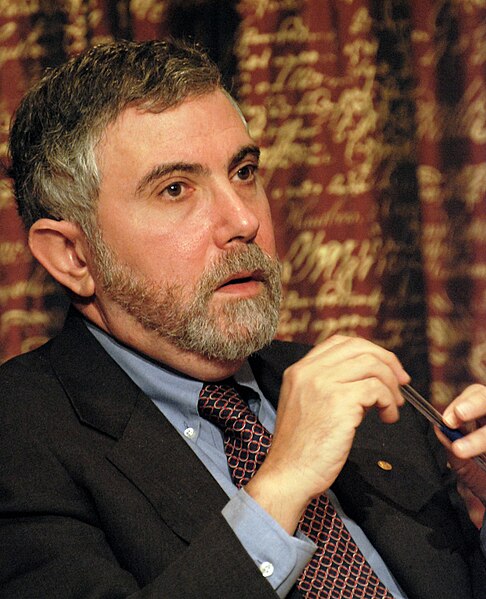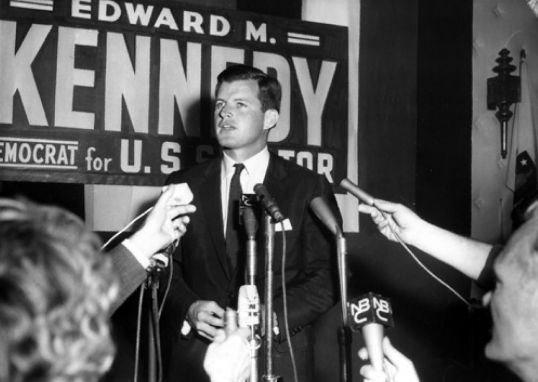
[digg-reddit-me]Ezra Klein had a smart bit of analysis about the role Ted Kennedy could have played on health care were he still with us:
If you know the health-care debate really well, it means a lot to say that Jay Rockefeller and Sherrod Brown support this bill. If you don’t know the debate very well, it means virtually nothing. Kennedy was the only liberal with the stature to sell a painful compromise to the base. [my emphasis]
There aren’t many liberals out there with that kind of stature and with the trust of those to the left, and you only get to use your position this way a limited amount of times. But Paul Krugman today took on this task with his op-ed, largely echoing arguments made by me yesterday, as well as Ezra Klein. First, is from me:
So, to my brethren on the left posting at reddit, and on progressive blogs around the nation, remember this: Be angry the bill has been undermined. Be angry that various interest groups have gotten their way at the expense of the majority. But keep perspective, and see which direction the bill moves us. And ask: Does it create a framework of exchanges and subsidies that can improve our health care system? Does it bring us closer to universal health insurance? Will it be easier to add a public option to this structure in the years ahead if, as seems likely, the health insurance industries continue their abusive behaviors, than to start anew?
The answers are clearly, Yes, Yes, and Yes.
As a progressive, as a liberal, you don’t have to be happy about supporting this bill. But you should support it.
And now Krugman:
A message to progressives: By all means, hang Senator Joe Lieberman in effigy. Declare that you’re disappointed in and/or disgusted with President Obama. Demand a change in Senate rules that, combined with the Republican strategy of total obstructionism, are in the process of making America ungovernable.
But meanwhile, pass the health care bill.
[Image licensed under the GNU Free Documentation License.]



